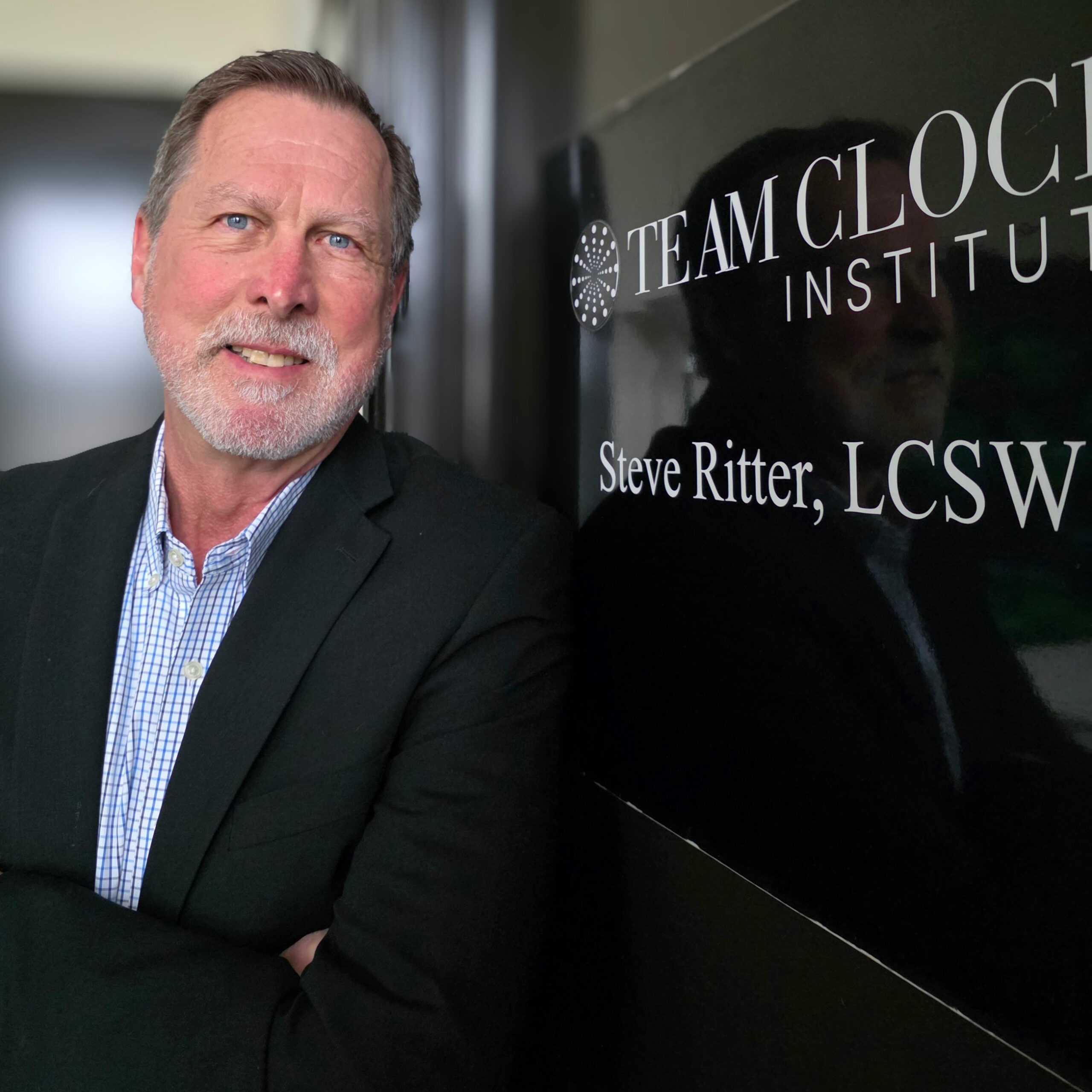Among adults, the challenge of seeing a different point of view is an intellectual maneuver. If you lived in their circumstances, you would probably feel the same way. As parents, however, understanding your kid’s world requires a shift to a developmental lens that most of us find difficult.
The problem is that shifting developmental perspective triggers history. All at once, the clear picture becomes blurry. Simply, our kids’ stage of development stirs up issues from our own childhood struggles. Naturally, we apply our personal memories to our reactions.
Double vision requires the impossible task of letting go of your own perspective while placing yourself behind the eyes of another person simultaneously. That means you must be sufficiently comfortable and clear with your own life to be open to another view. Easier said than done – especially if your history includes unresolved stuff.
Literally everyone has unresolved stuff. Some people work on it and others unconsciously allow it to steer their narratives with messages that have long been obsolete. Take, for example, the memory of a parent being conditionally available. Whatever the parent’s reason may have been for being preoccupied, the child is extremely likely to grow up wondering whether they are worthy of love.
It’s nearly impossible to see a parent as flawed or broken from a young child’s angle. Instead, the child will see themself as the cause of the problem, even when there is zero evidence to support that conclusion. Kids don’t know any better. Growing up will inform different realities but, by then, the self-image die has been cast. Your parenting approach will inherit this context.
Be careful. Your child’s world view is blind to your history. Your interpretation of their struggle most likely has nothing to do with their context. Clean the slate. Do your best to imagine what the world must look like through their eyes, and stay as free of bias as possible.
As caregivers, our goal is to help our kiddos feel understood. That doesn’t happen by thinking that we know how they feel or have been through what they’re going through. We don’t and we haven’t. Understanding comes from listening without judgement.
The greatest gift we can give our children is the deliberate effort not to pass our unresolved issues onto them. Think about whatever percentage of your own worries stem from historical extended family struggle. Then let the buck stop with you.

About the Author
Steve Ritter, LCSW is the Founder and Executive Director of Elmhurst Counseling. He has served as a teacher, author, consultant, human resources director, health care administrator, and licensed clinical social worker since 1977. A fellow of the American College of Healthcare Executives, Steve has provided coaching, therapy and team development services to thriving schools, businesses and organizations.

